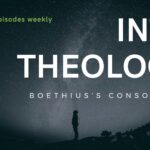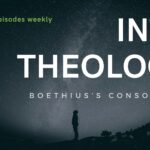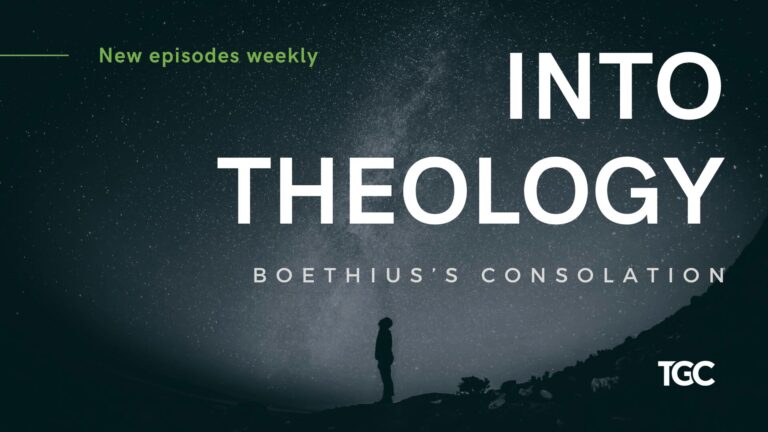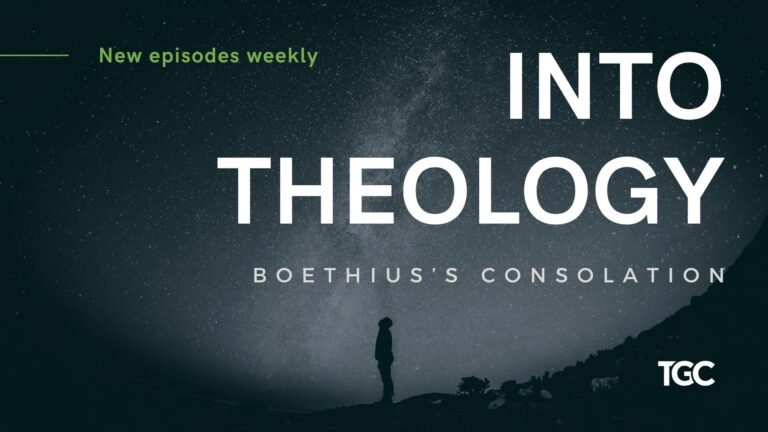I recently spoke to a teacher who, on the very next day, would enter into a classroom in which he was asked to use preferred pronouns for his students.
By using preferred pronouns, this teacher would find himself either affirming or denying a way of life in Canada. Would he affirm that Canadians can and should define their identity based on choice of will? Or would he avoid using pronouns because he disagreed with current political trends?
That is the real question. And it is a political-theological question. No, I do not mean voting for a politician or party but politics at the basic grassroots level: how a society orders itself. The way we use pronouns can affirm (or censure) ways of life in Canadian society.
And our choice of words here is theological because God has revealed to us the nature and destiny of biological sex in Holy Scripture.
The same political and theological union exists when Christians take a position on abortion, marriage, family, education, sexuality, consumerism, MAID, and more.
It is impossible to divest ourselves of being political (in the sense defined above).
As we find ourselves in a post-Christian political order, the norms and patterns of Christian life increasingly take the form of political protest.
How Are We Political?
Granting the above, we must think carefully about, how in our post-Christian society, we are political. It’s an inescapable part of life. No one in the pew today can go to work without finding himself or herself at odds with the way many Canadians order their life.
That said, we have learned that partisan politics neither lead to stronger churches nor healthier ethics in the workplace and world. The solution is not to sell one’s soul to political parties.
Going to work as a Christian is a political act.
What is the alternative then? What does it mean to be political today? I think the question is even more pressing because we are not only in a post-Christian world but also in an increasingly post-liberal world.
And whatever a post-liberal Canadian society decides to be in the coming years, we can assume that this country will decide to order its life in ways that won’t always match up to Christian ethics.
The COVID years awakened us to the need for careful political theology. Yet as those years wane, we cannot retreat back into patterns of thinking that made sense when Christian culture was the norm. We have advanced too far ahead to retreat now.
What Political Questions Must We Ask?
To advance, we need concrete answers to practical questions like:
How does the Christian teacher teach tomorrow?
How does the doctor refer or not refer someone to MAID?
Should a Christian business owner integrate DEI into their hiring practices?
How do youth gender transitions affect Christian families?
What sorts of curriculum will your child learn in school, and do we agree with the curriculum?
The answer to each question is deeply political. It strikes at the heart of our current liberal project—maximizing individual freedom to create efficient markets with the fewest restraints possible.
The answer to each question is also deeply theological. God has revealed to us what is good, right, and beautiful. He revealed to us in principle answers to each of the above questions, and those answers will necessarily place us into categories of political protest—whether we like it or not.
Again, by political, I mean how we order our lives in community. I do not mean anything like political parties. So don’t read that into the above.
“Do Be Political”
Phrases like “don’t be political” rightly warn us against political partisanship but rarely help normal people live during their 9–5 jobs during the week. So how can we bridge that gap?
That’s my question.
We had decades in Canada where Canadian society ordered its life in ways that mapped unto Christianity fairly well.
We called male children male. Now, we allow children to decide for themselves who and what they are.
As we find ourselves in a post-Christian political order, the norms and patterns of Christian life increasingly take the form of political protest.
We said marriage should be held on honour between one man and woman. Now, we can have four spouses and divorce is everywhere happening.
We said that life was sacred. But now we terminate pregnancies at choice. Now we euthanize the aged and weak.
We require doctors to refer to MAID. We ask lawyers to hire based on DEI, which may or may not map to traditional mores of justice and equity. We tell teachers to use preferred pronouns.
We live in a world where to breathe is to be political. Christian workers may not have seen the full force of this reality yet. But those in the pews have. They need to go to work tomorrow. And there, everything they say and do is a political act.
To find answers, young men flock to YouTube personalities. They want to know how to live in this brave new world. And when we tell them, “Don’t be political,” they think: my job requires me to be political? HELP ME!
We must help. We must read the old books on political theology. We must return to Holy Scripture with new eyes to see what it means to live as political exiles whose citizenship lies in heaven.
And yes: I have many thoughts.
I plan to write on this topic throughout the rest of the year to give concrete answers to practical questions that every Christian has to answer today, tomorrow, and next week.
Going to work as a Christian is a political act. We need deep theological resources to equip Christians to live as political exiles.
Further Resources:
To help readers get a sense of some of the basic biblical and theological patterns of political theology, here are some resources to read:
Read my article on The Necessity of Being Political here.
See my article on seven ways that Jeremiah 29 helps us to be political Christians by clicking here.
For what political discourse looks like as a Christian, see my article on Christian political discourse by clicking here.
To understand how Peter’s language of resident aliens changes how we think of our relation to the world and to heaven, see my article here on the topic.












